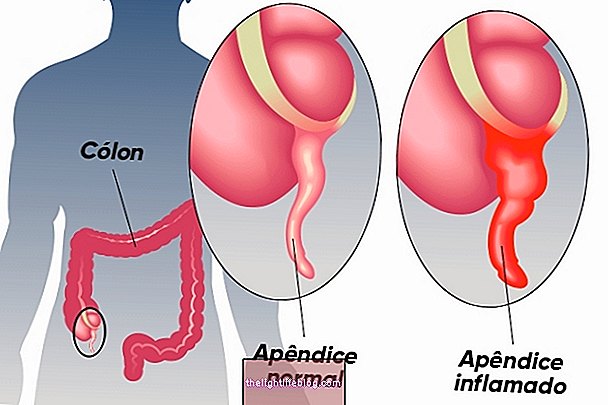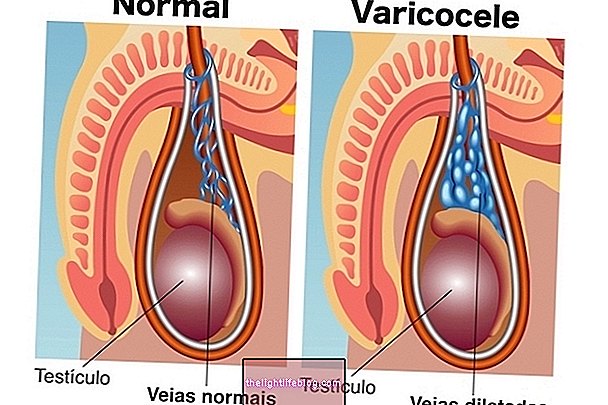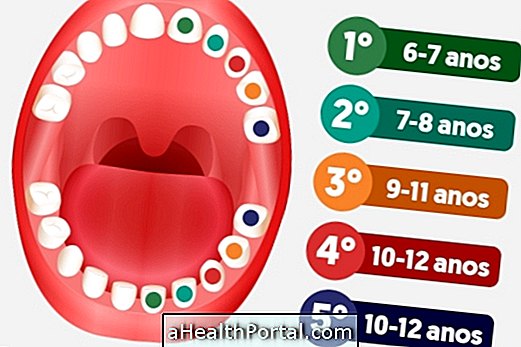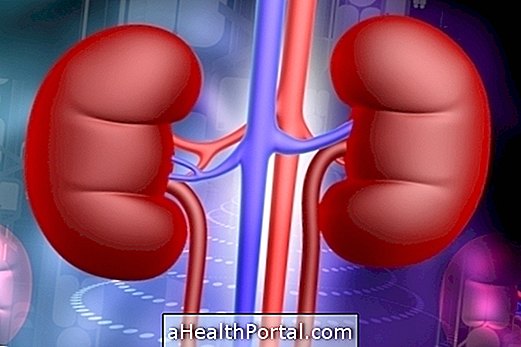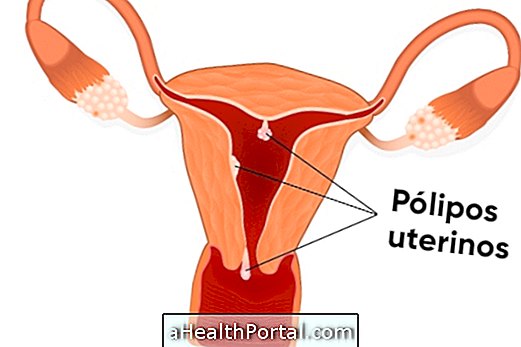Hypopituitarism is a rare disorder in which the brain's pituitary gland, also known as the pituitary gland, cannot produce one or more hormones in sufficient quantity. When this happens, several bodily mechanisms may not work properly, especially those that are related to growth, blood pressure or reproduction.
Depending on the hormone that is affected, the symptoms may vary, but generally the doctor may suspect a case of hypopituitarism when a child is not growing at a normal pace or when a woman has fertility problems, for example.
Although there is treatment, hypopituitarism cannot be cured and, therefore, it is very common that the person has to undergo the treatment indicated by the doctor for the rest of his life, to control the symptoms.

Main symptoms
The symptoms of hypopituitarism vary according to the hormone affected, however, the most common signs include:
- Easy tiredness;
- Constant headache;
- Weight loss for no apparent reason;
- Excessive sensitivity to cold or heat;
- Little appetite;
- Swelling of the face;
- Infertility;
- Sore joints;
- Hot flashes, irregular menstruation or difficulty producing breast milk;
- Decrease in facial hair in men;
- Difficulty increasing in size, in the case of children.
These symptoms usually appear slowly over time, although there are also rarer cases where they appear from one moment to the next.
Thus, whenever there is a suspicion of hypopituitarism, it is important to consult a general practitioner or an endocrinologist to confirm the diagnosis and initiate the most appropriate treatment.
How to confirm the diagnosis
The best way to confirm the diagnosis of hypopituitarism is to consult a general practitioner or an endocrinologist to have a blood test and confirm the values of hormones produced by the pituitary gland. If hypopituitarism exists, it is normal for one or more values to be lower than expected.
What causes hypopituitarism
Hypopituitarism can exist right at birth, however, it is more frequent that it arises after some problem that leads to an alteration of the pituitary gland. Problems that can cause hypopituitarism include:
- Strong blows to the head;
- Brain tumors;
- Brain surgery;
- Sequelae of radiotherapy;
- Stroke;
- Tuberculosis;
- Meningitis.
In addition, changes in the hypothalamus, which is another region of the brain, just above the pituitary gland, can also result in hypopituitarism. This is because the hypothalamus is responsible for producing hormones that influence the functioning of the pituitary gland.
How the treatment is done
In most cases, treatment for hypopituitarism is done with drugs that help restore the levels of hormones that are being produced in less quantity by the pituitary gland and that must be maintained throughout life to control symptoms.
In addition, the doctor may also prescribe the use of cortisone, which can be used in times of crisis, when you are ill or during times of greatest stress.
If hypopituitarism is caused by a tumor, it is important to have surgery to remove the affected tissue.
In any case, it is very important that the person with hypopituitarism make regular visits to the doctor to assess hormone levels and adjust treatment doses, in order to avoid symptoms and complications such as infertility, for example.
Was this information helpful?
Yes No
Your opinion is important! Write here how we can improve our text:
Any questions? Click here to be answered.
Email in which you want to receive a reply:
Check the confirmation email we sent you.
Your name:
Reason for visit:
--- Choose your reason --- DiseaseLive betterHelp another personGain knowledge
Are you a health professional?
NoMedicalPharmaceuticalsNurseNutritionistBiomedicalPhysiotherapistBeauticianOther
Bibliography
- HORMONE HEALTH NETWORK. Hypopituitarism. Available in: . Accessed on 26 Apr 2019
- MAYO CLINIC. Hypopituitarism. Available in: . Accessed on 26 Apr 2019
- YEON, Kim Seong. Diagnosis and Treatment of Hypopituitarism. Endocrinology and Metabolism. 443-455, 2015
